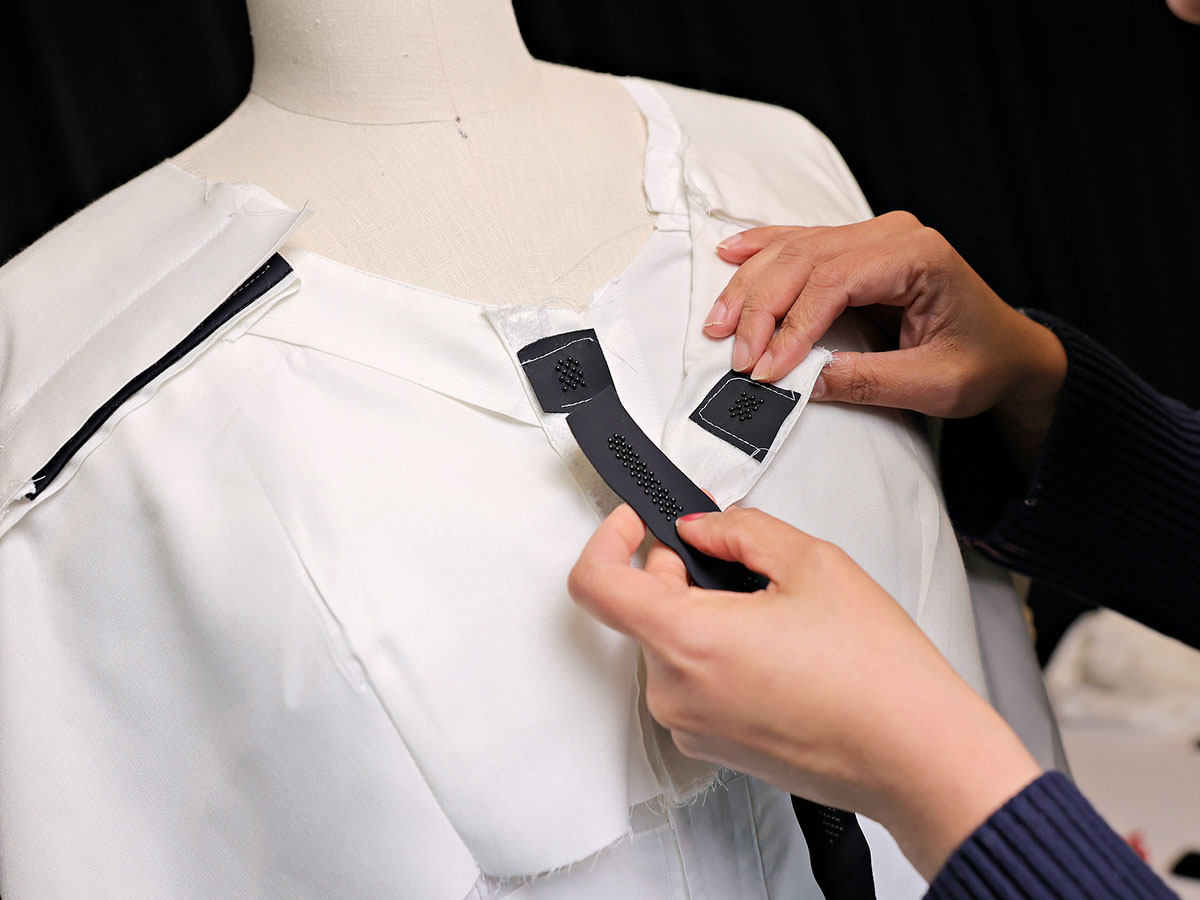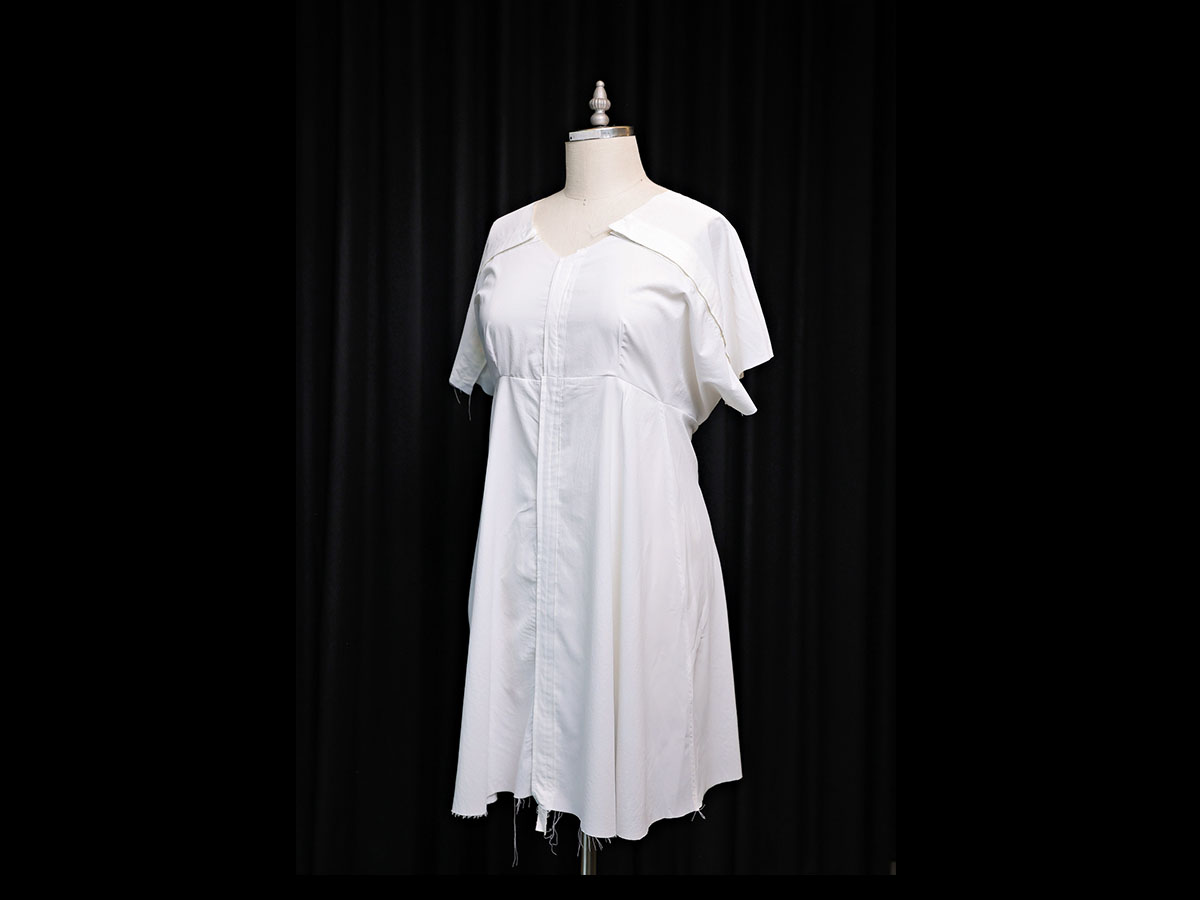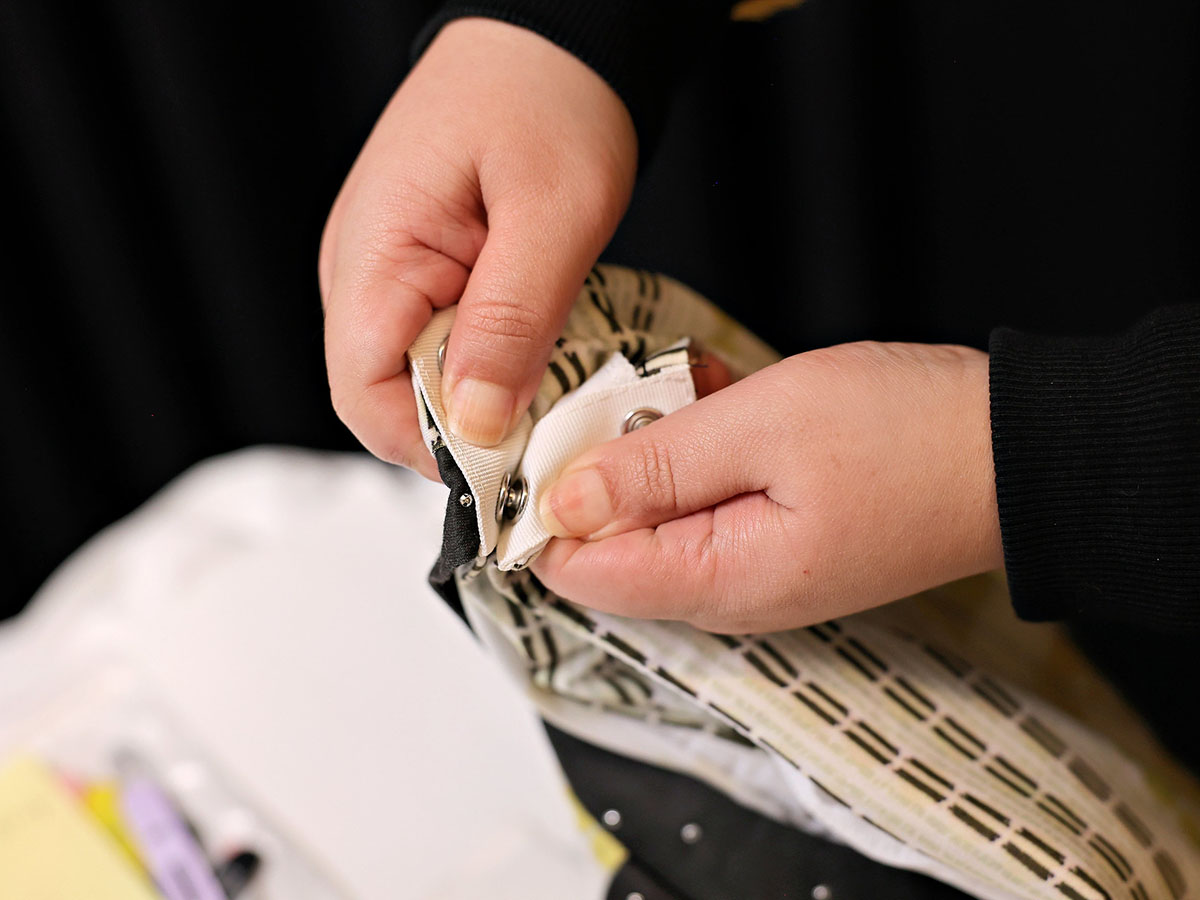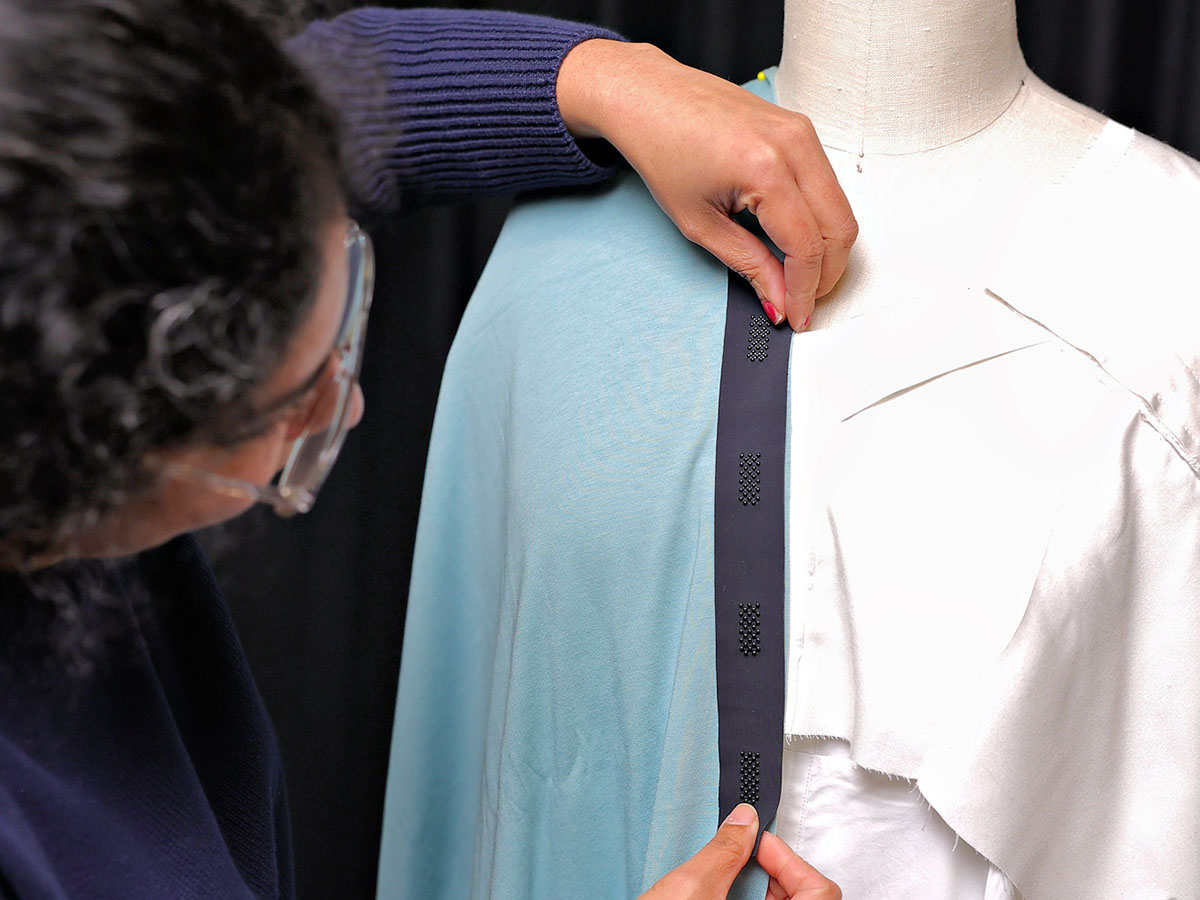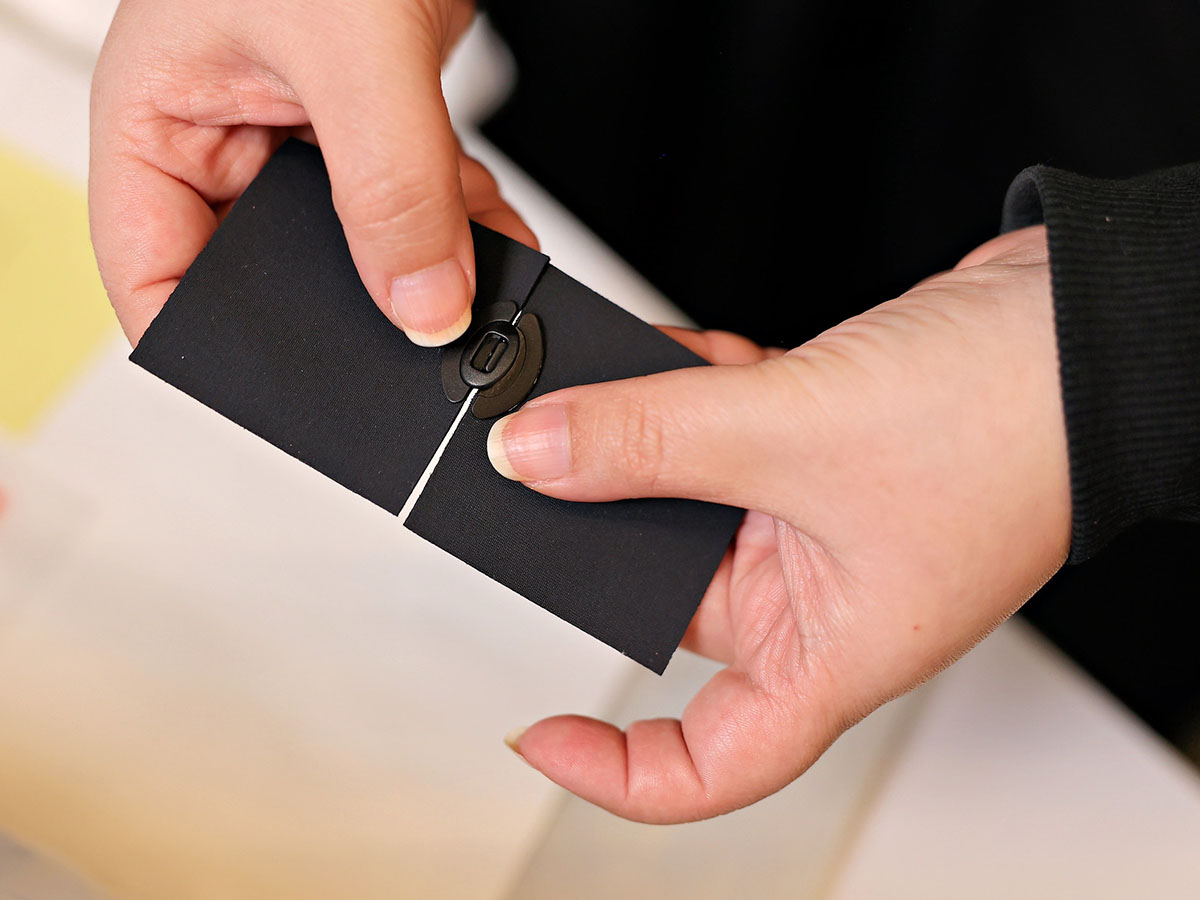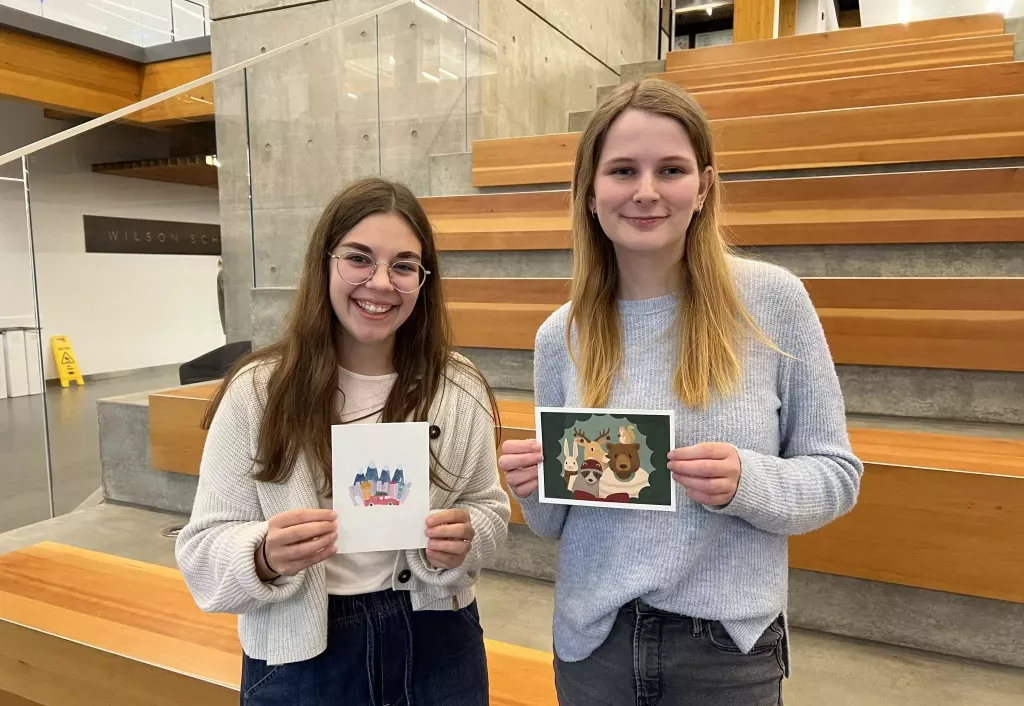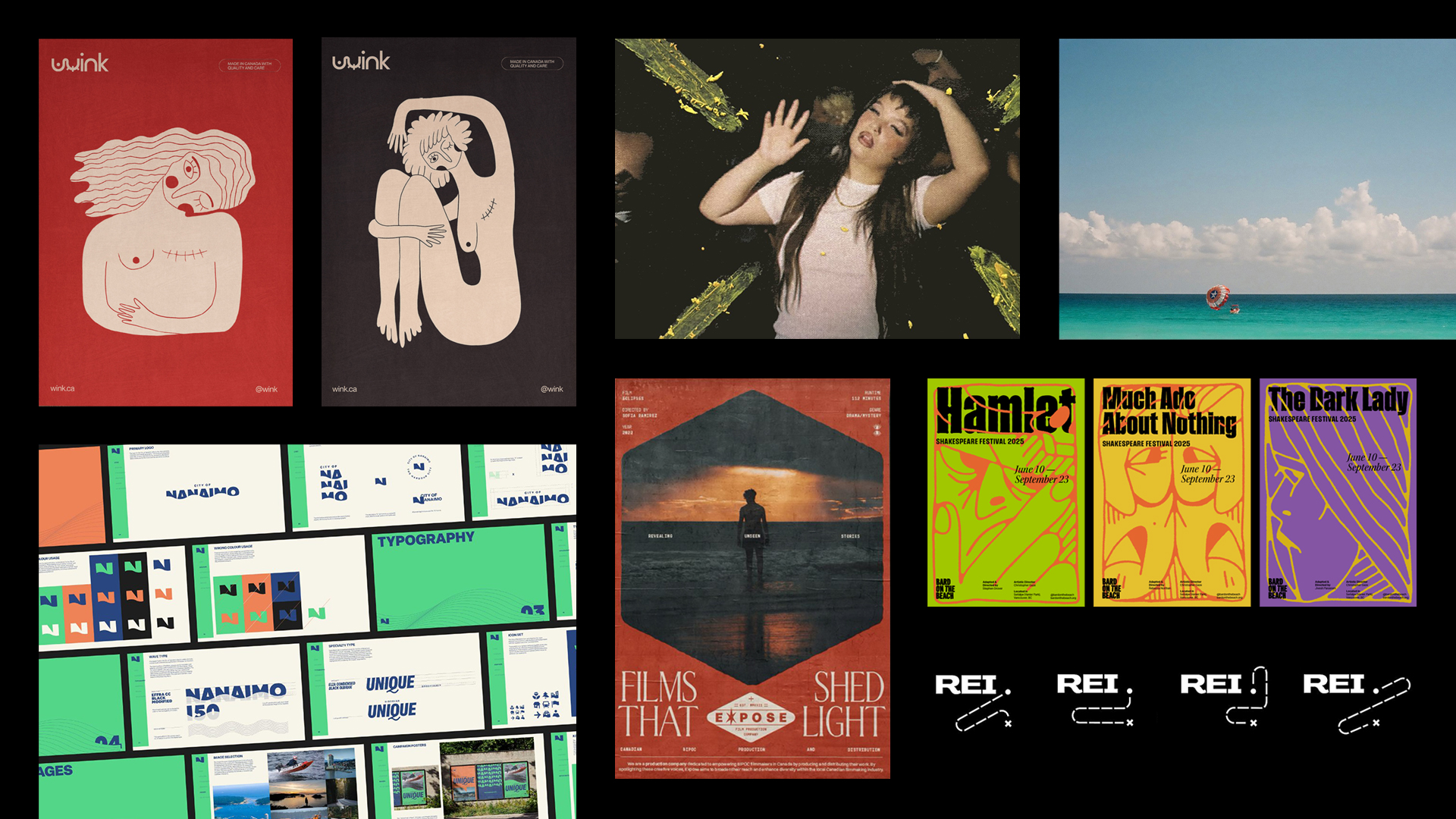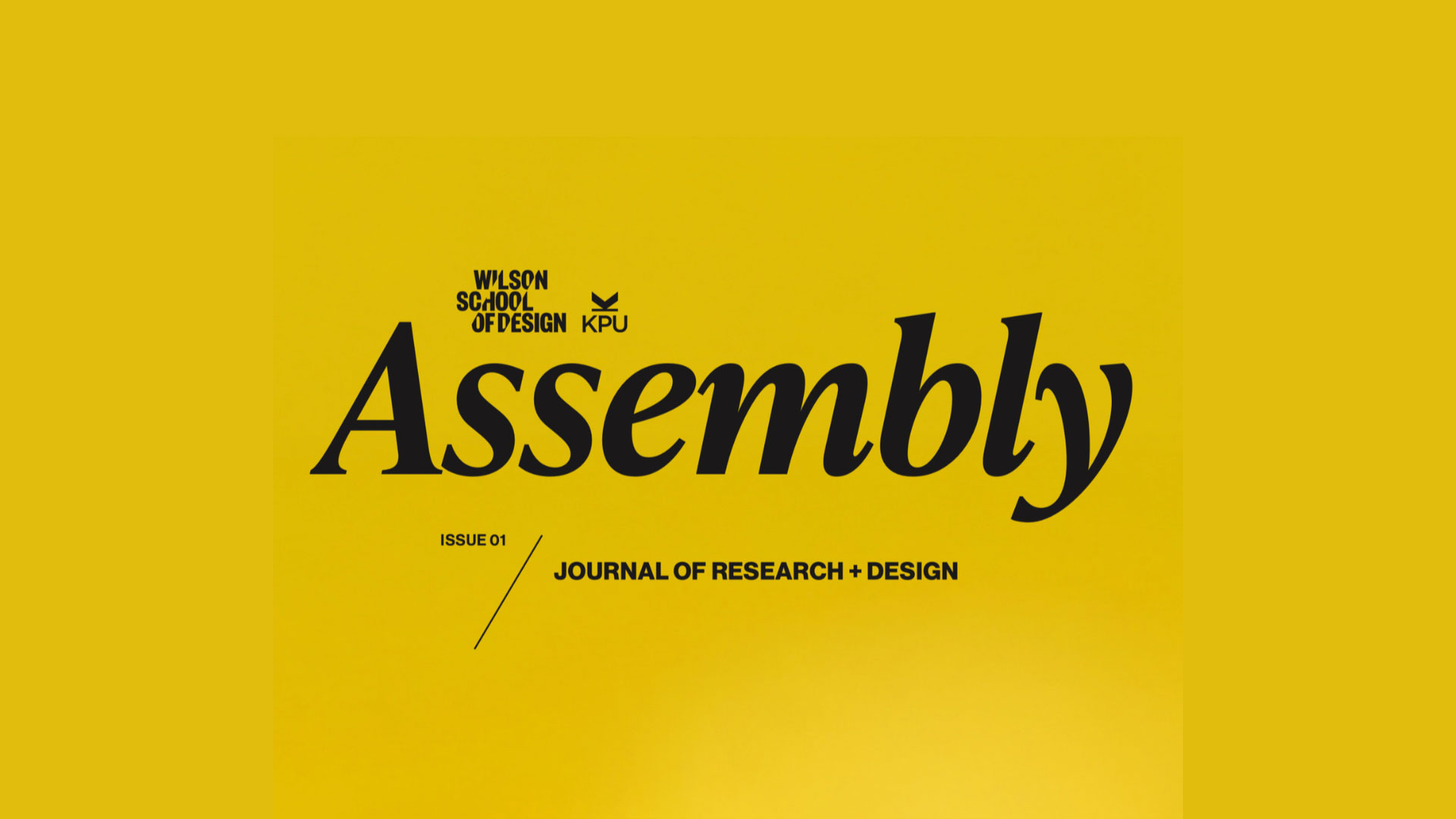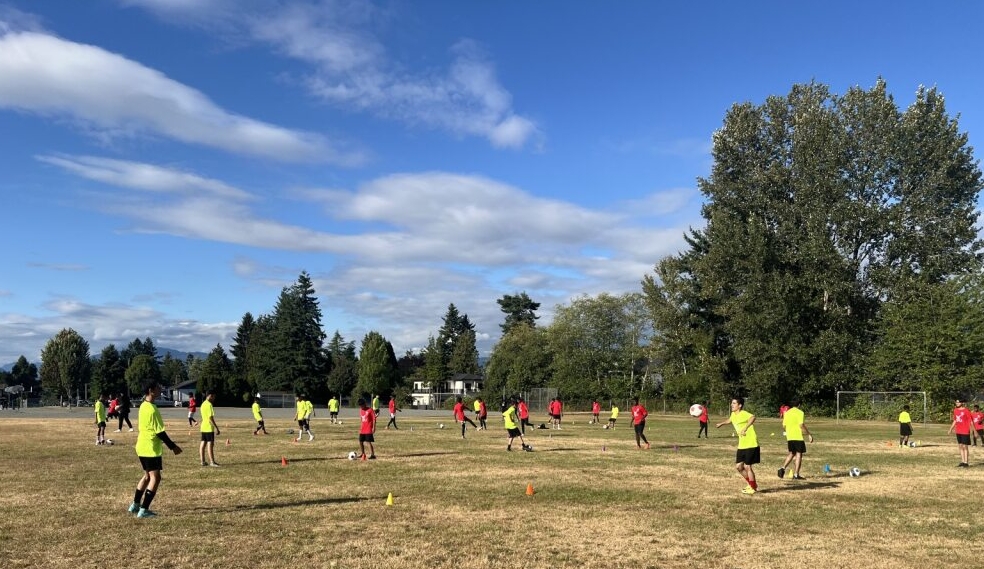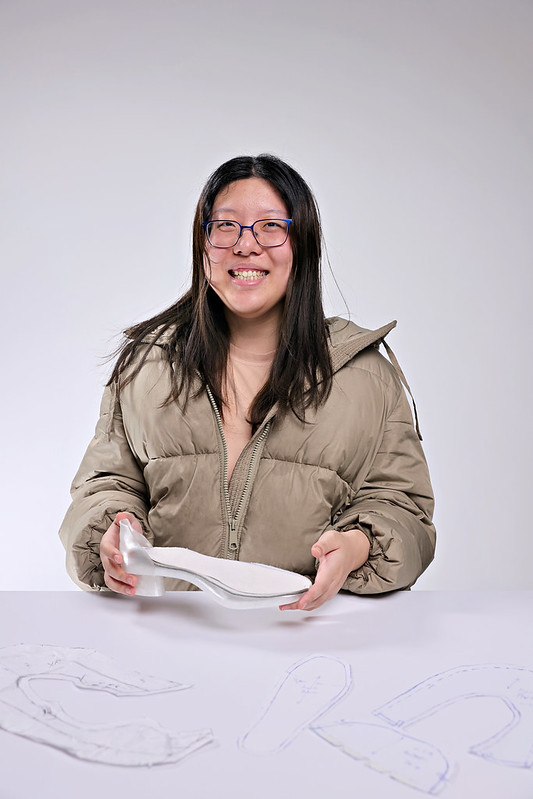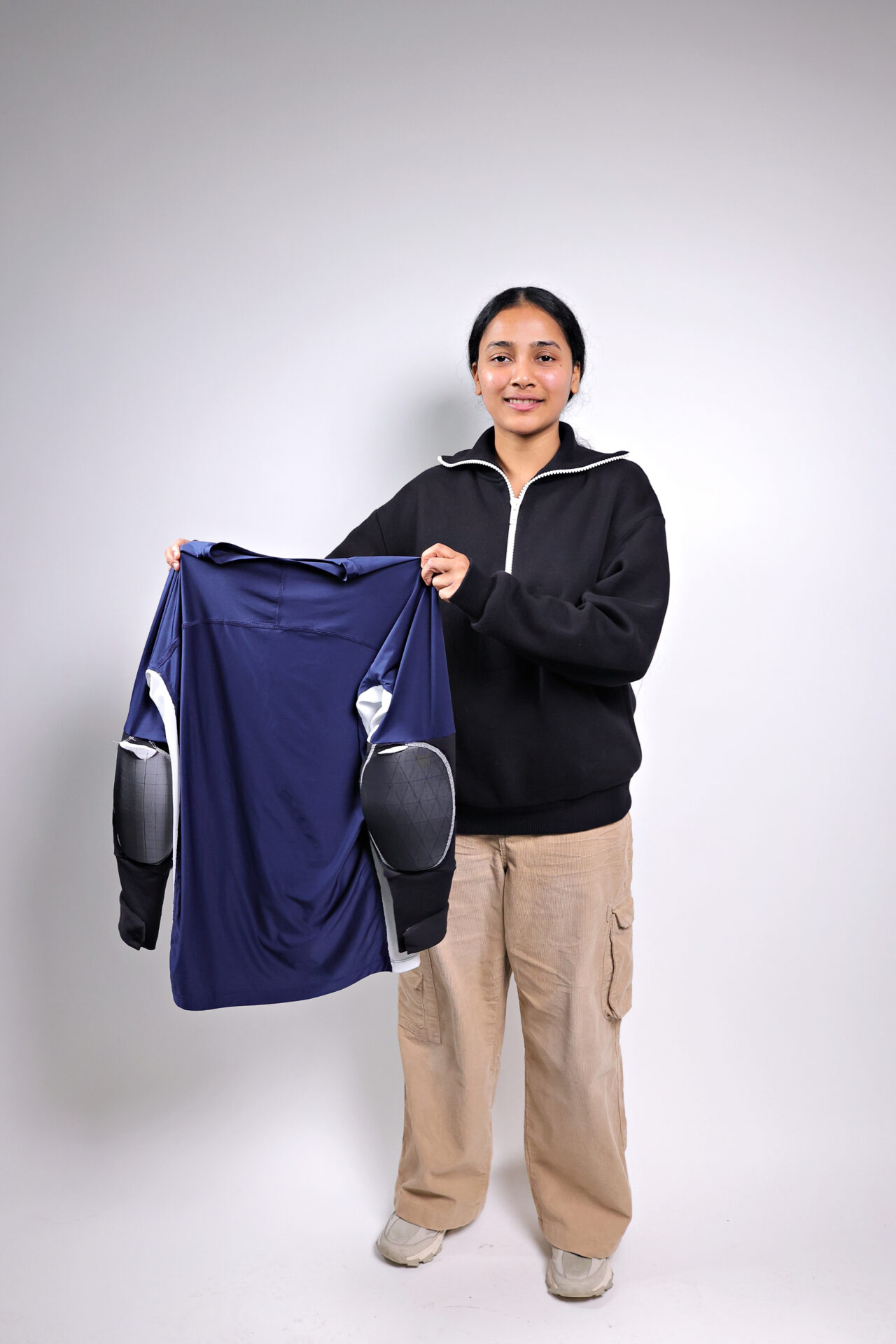Technical Apparel Design student Cinu (Maria) George addresses the following question in her research project:
How can adaptive apparel be effectively designed for bedridden women with menopause-related symptoms?
The project addressed the lack of adaptive, comfortable, and dignified clothing options for menopausal and bedridden women, particularly those experiencing hot flashes, night sweats, bloating, and mobility limitations. Existing garments in both medical and mainstream markets often fail to meet the thermal, moisture management, and ease-of-dressing needs of this user group. This gap not only compromises physical comfort, but also affects the emotional well-being and sense of dignity of the wearer. The project aimed to fill this gap by developing research-based, user-centered apparel solutions that are both functional and empowering.
This project focused on creating thoughtfully designed clothing for women who are bedridden and going through menopause. Many of these women experience discomfort due to hot flashes, night sweats, body bloating, and limited mobility. The goal was to design a garment that is easy to wear, keeps the body cool and dry, and helps women feel comfortable and dignified. By talking to real users and testing materials, the project developed a garment that supports both physical and emotional well-being, showing how clothing can make a real difference in daily life.

This project aims to improve the quality of life for bedridden menopausal women by addressing a major gap in adaptive apparel. By focusing on their unique needs—like temperature regulation, ease of wear, and emotional comfort—the garment can support both physical and psychological well-being. It empowers caregivers by reducing the stress of frequent clothing changes and improves the dignity of patients, helping them feel more seen and cared for. The project also raises awareness in the design and healthcare industries about the importance of inclusive, user-centered clothing for underserved populations.
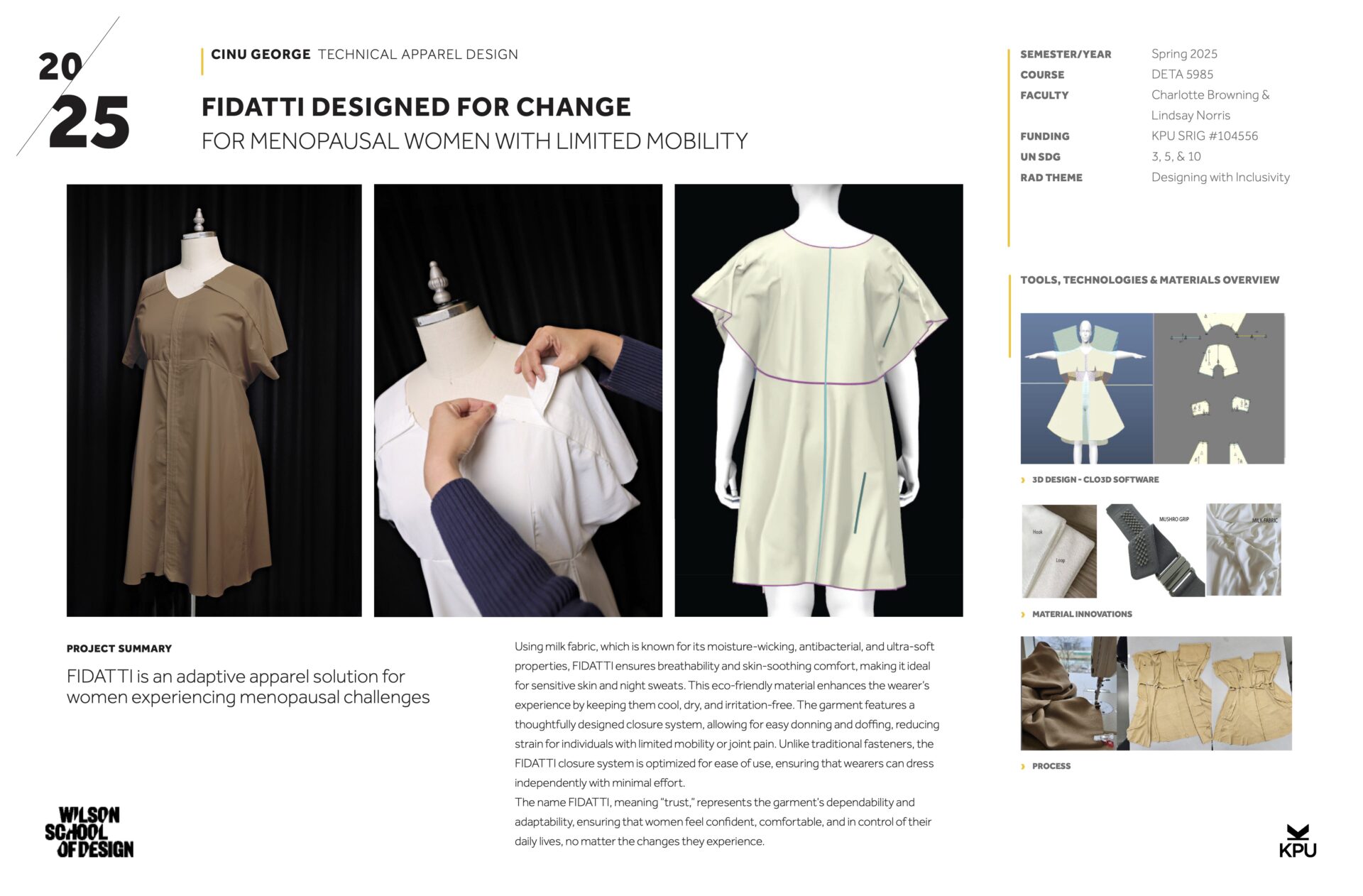
Research at the KPU Wilson School of Design creates evidence-led solutions. We work with companies, organizations and institutions in a collaborative process to design and deliver solutions for complex and evolving challenges.
Supervisor: Lindsay Norris
UN Goals: 3, 5, 10
Program: Technical Apparel Design

